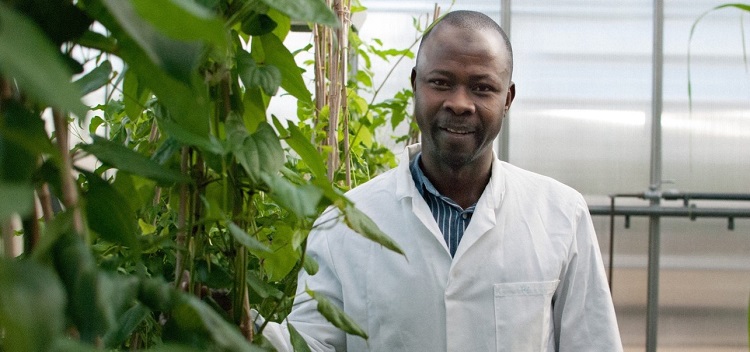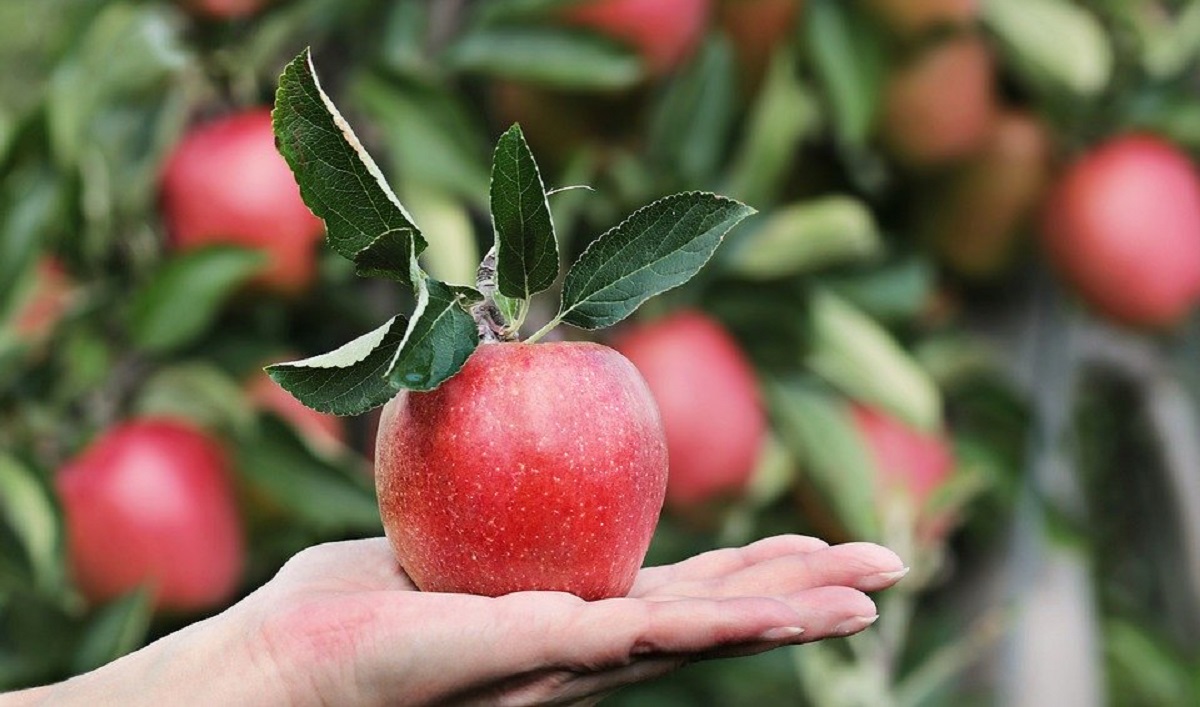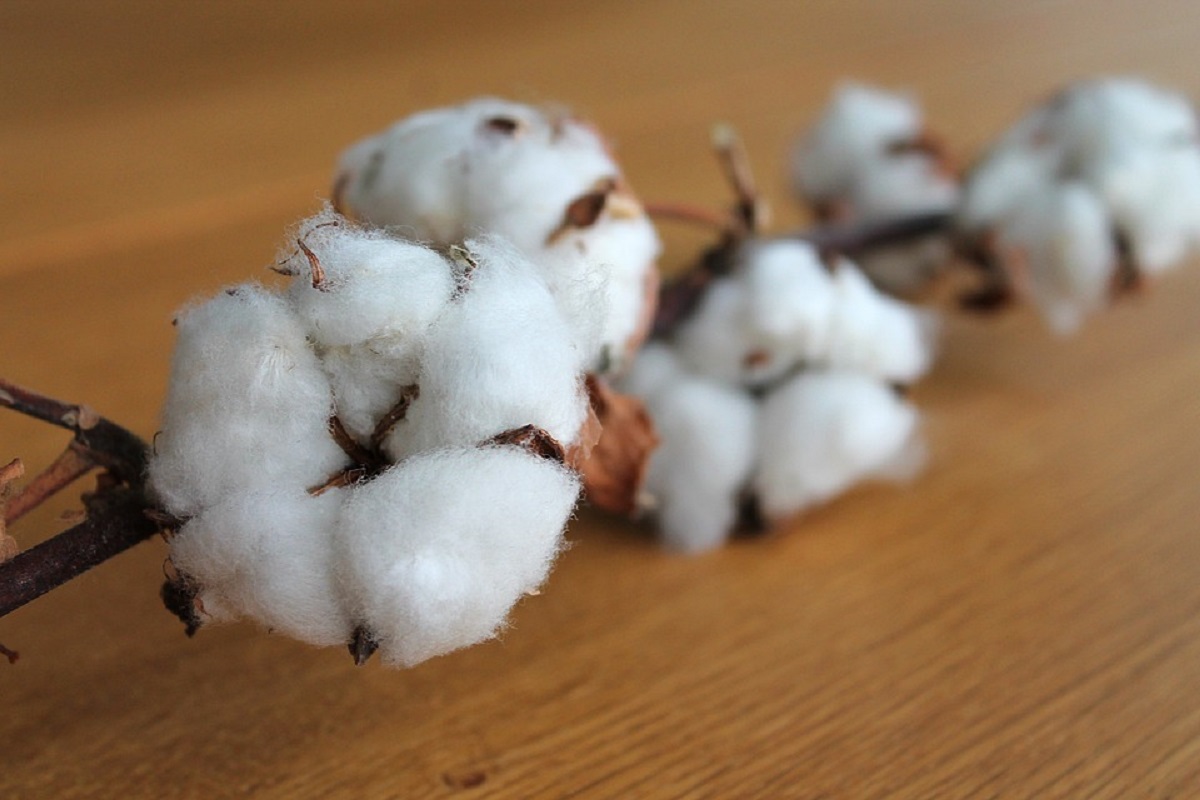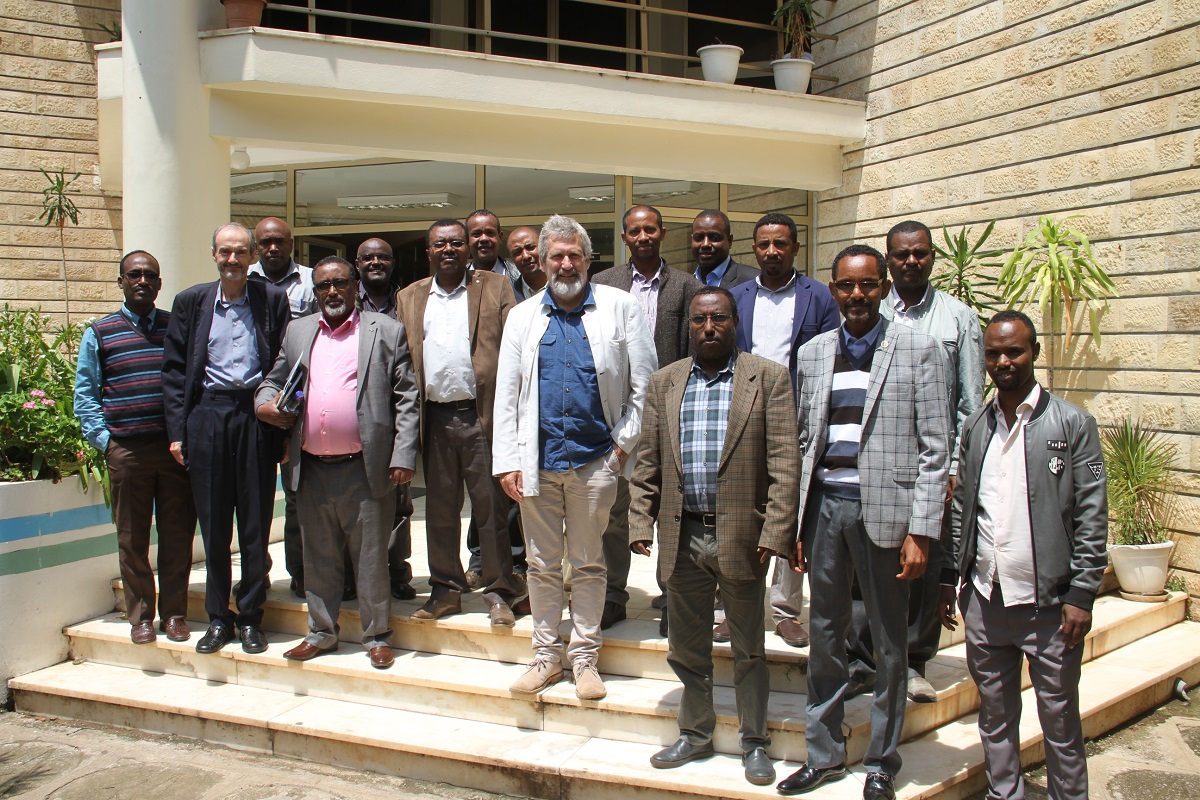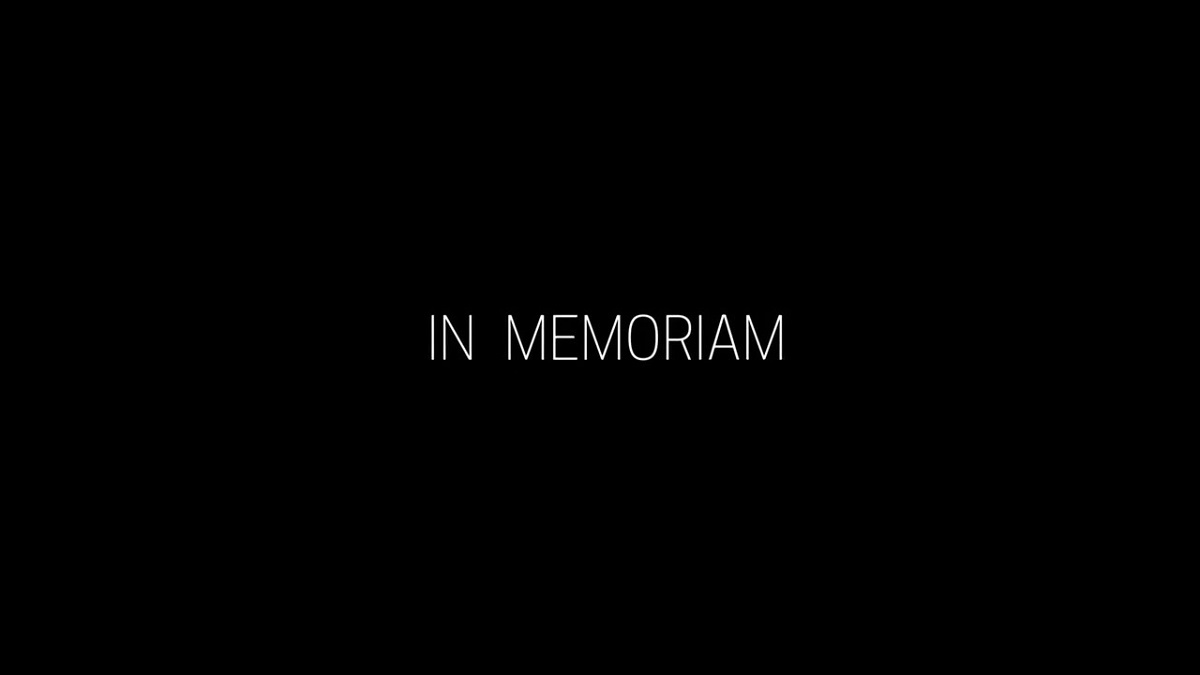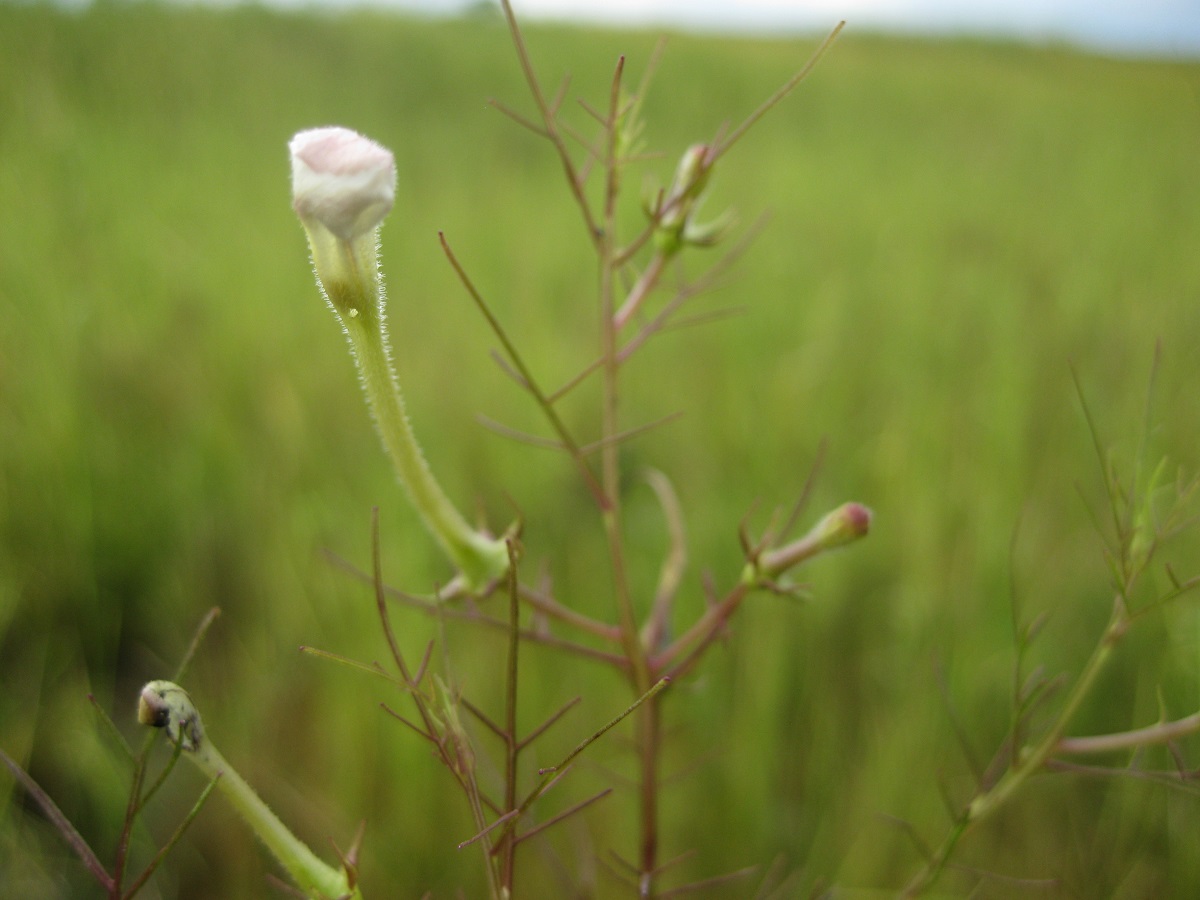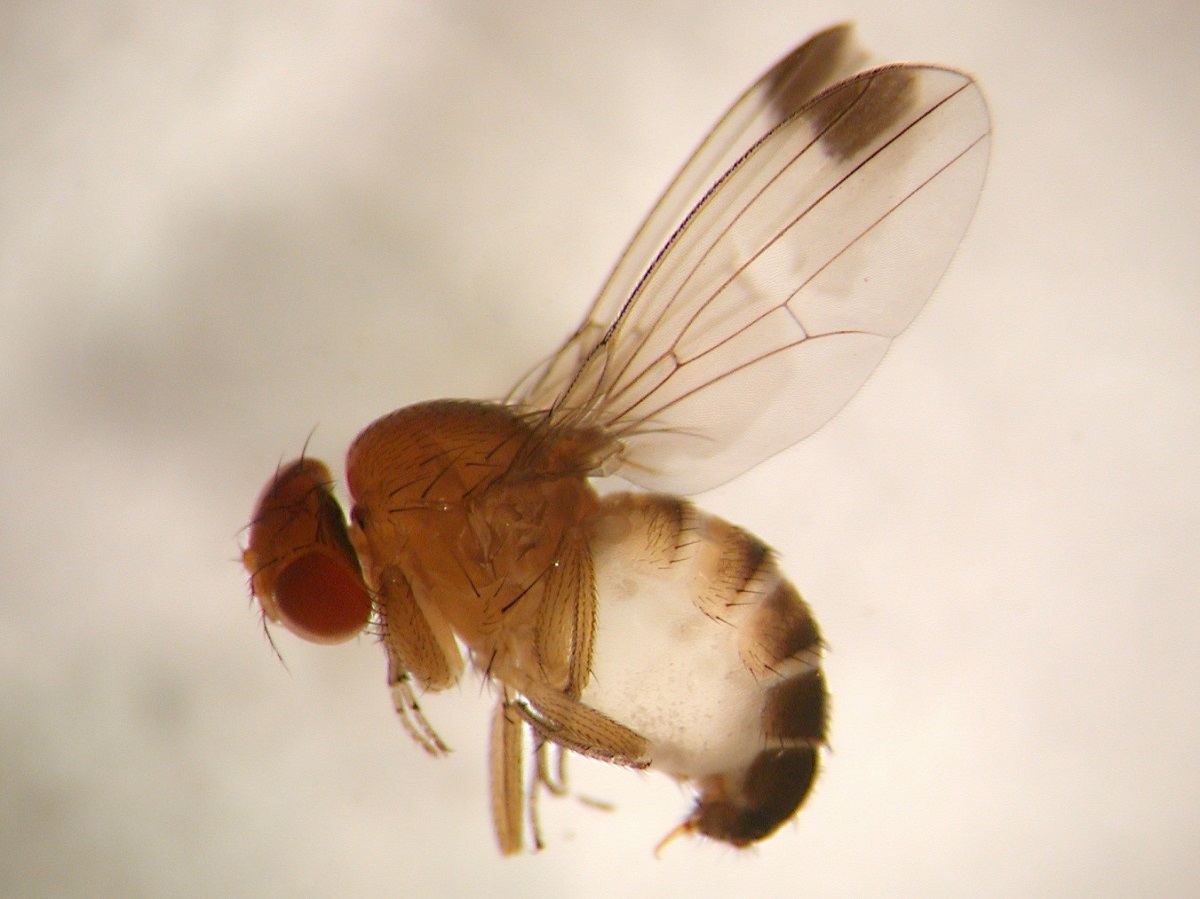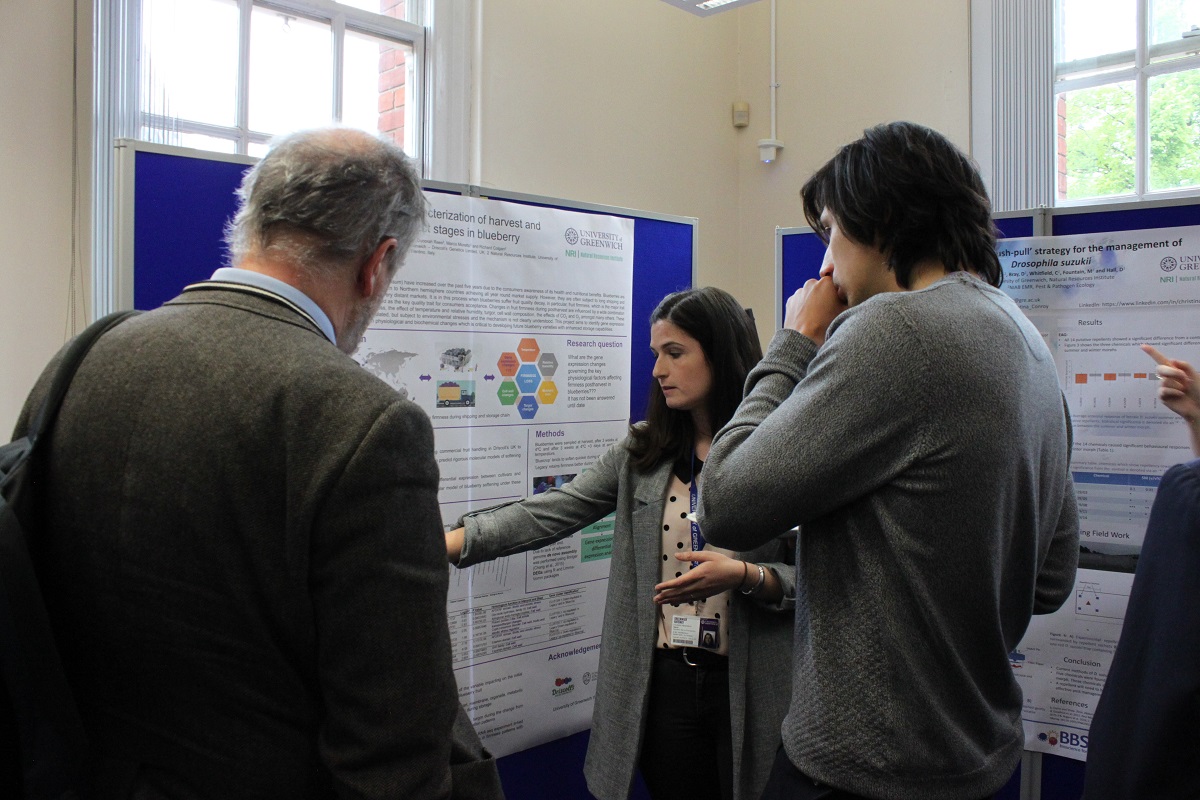News in Brief - 2019
NRI alumnus Dr Aliyu A Turaki, a senior lecturer at Kebbi State University of Science & Technology in Nigeria, returned to NRI on 9th December on a visit as part of a research collaboration and to give a seminar entitled ‘Identifying mealybug species affecting yam crops across northern Nigeria’. Turaki credits NRI for laying the foundations for his successful career in the department of crop production at the Nigerian University. He says that studying at NRI for his PhD transformed his life, and he took five minutes out of his busy schedule to talk to NRI Communications Officer, Linden Kemkaran.
Autumn is officially ‘apple season’ in the UK and during September and October, hundreds of thousands of delicious, nutritious ‘cookers and eaters’ will be harvested from trees in commercial orchards and home gardens. For any individual who has one or more average-sized trees, the glut of apples produced after a moderately good spring and summer can be wonderful, but a bumper harvest presents the problem of what to do with the surplus? After all, no matter how delicious your apple crumble, there’s only so much that you can eat in a short space of time!
The ‘Evaluation for Transformational Change’ is a biennial award that recognises outstanding evaluations of development interventions that promote or result in transformational change and are explicitly linked to the Sustainable Development Goals (SDGs). An evaluation led by NRI, which assessed the impact of sustainability standards in the cotton sector, has been awarded a runner-up prize in the 2019 Competition.
At the invitation of Dr Jemal Yousuf, Acting President, Professor John Morton and Dr Tim Chancellor visited Haramaya University from 28–30 August to discuss research collaboration under NRI’s Food and Nutrition Security Initiative (FaNSI). Haramaya hosts the African Center of Excellence for Climate Smart Agriculture and Biodiversity Conservation which has strong potential synergies with NRI’s programme on Climate Change, Agriculture and Natural Resources led by Professor Morton.
Last week we were very sad to learn of the passing of Tungamirai Rukuni, popularly known as Tunga for short. Tunga enjoyed a long and rich career applying his engineering skills in the development and testing of appropriate crop processing equipment and practices with rural communities and small agro-businesses, helping them transform their food and feed systems and enhance income-generation opportunities.
NRI has a long history of working in partnership with collaborators across the world, as we undertake research that makes a difference. In the past five years, NRI staff have worked in over 40 developing countries with more than 250 partners. Through NRI’s recently launched Food and Security Initiative (FaNSI) we are building on existing collaborations with partners in Africa and establishing new ones.
This plant may look pretty innocent but it’s fast gaining notoriety for being a ‘vegetarian vampire’ that’s causing huge amounts of damage to rice fields in Africa.
A team of researchers and students from NRI and Wageningen University, is investigating exactly how Rhamphicarpa fistulosa or as it’s more commonly known, Rice Vampireweed, gets its strength. Dr Jonne Rodenburg of NRI, says that ‘vampire’ is just one of the names this plant goes by: “actually a number of gruesome analogies have been used to describe this otherwise harmless-looking tropical plant, with ‘slave master’ being one of the recent references in scientific publications.”
Jaspher Ewany successfully completed his one-year course at the Natural Resources Institute, University of Greenwich, where he studied for a MSc in Agriculture for Sustainable Development. He took five minutes out of his day to talk to NRI Communications Officer, Linden Kemkaran, about his time here at the University and how he now makes a ‘song and dance’ out of agriculture...
NRI has a fantastic reputation for research and for teaching agricultural sciences, and that was what persuaded me to come here. I was originally awarded the Marshall Papworth Scholarship to study an MSc. Agriculture and Development at the University of Reading, but NRI’s excellent reputation played a huge role in my decision to choose NRI at the University of Greenwich instead. I also wanted to be part of the most prestigious scholarship in the world, the UK Commonwealth Scholarship, which I was subsequently awarded to study at Greenwich.
Safeenah Safiyan has just come to the end of her one-year course at the Natural Resources Institute, University of Greenwich, where she studied for a MSc in Agriculture for Sustainable Development. She took five minutes out of her pre-graduation preparation to talk to NRI Communications Officer, Linden Kemkaran, about her time here at the University.
On my first day at NRI I remember turning up to registration and feeling nervous, but I needn’t have as everyone was really nice and the staff were very welcoming especially during the orientation period. I remember feeling a bit overwhelmed, I was suddenly with all these people from different countries I wondered how we would all fit in with each other.
Colleagues at NRI and horticultural research organisation NIAB EMR (National Institute of Agricultural Botany East Malling Research), have been awarded a BBSRC (Biotechnology and Biological Sciences Research Council) Industrial Partnership Award to develop a new technology to protect soft fruit from Spotted Wing Drosophila (SWD).
On the 17th of May 2019, students were given the opportunity to both organise and participate in the 4th Annual NRIPS (Natural Resources Institute Postgraduate Society) Symposium.
The NRIPS Symposium aims to equip participants with vital transferable skills which are used to aid future career development. NRI Deputy Director, Professor Ben Bennett opened the session and Professor John Morton gave the keynote address on how research can make an impact on people’s lives which included fascinating examples from history and from his own research career, and invited the students to consider how their own research could make an impact.
Could you imagine not having at least one of the above to get you through the week? If badnaviruses, a highly diverse group of plant DNA viruses, have their wicked way, that may become a possibility. Badnaviruses are, like the names suggests, extremely bad news for yams, grapevines and cocoa, but luckily help is at hand.
Here at NRI there is a new PhD project which aims to study diseases caused by globally emerging badnaviruses that could threaten the future of the key ingredients of our beloved cake, wine and chocolate. NRI is currently recruiting a postgraduate research student to undertake this project.


